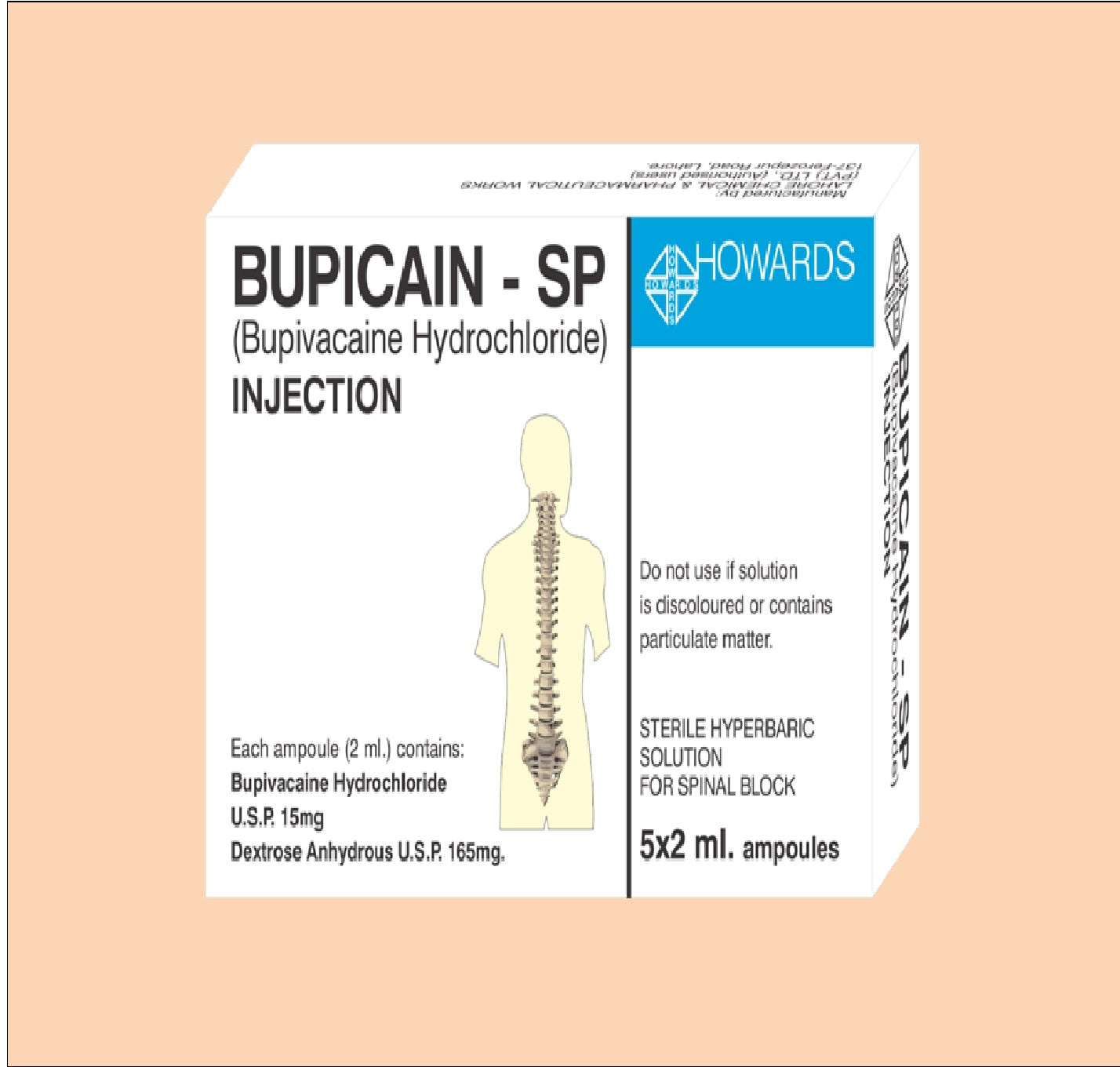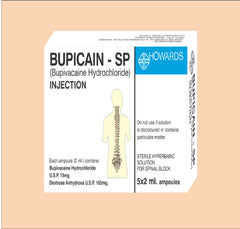

- Choosing a selection results in a full page refresh.
Need Help?
03444440083


Couldn't load pickup availability
standard shipping charges on order is Rs 200
You may return most new, unopened items within 3 days of delivery for a full refund.
You should expect to receive your refund within four weeks of giving your package to the return shipper, however, in many cases you will receive a refund more quickly. This time period includes the transit time for us to receive your return from the shipper (5 to 10 business days), the time it takes us to process your return once we receive it (3 to 5 business days), and the time it takes your bank to process our refund request (5 to 10 business days).
If you need to return an item, simply login to your account, view the order using the "Complete Orders" link under the My Account menu and click the Return Item(s) button. We'll notify you via e-mail of your refund once we've received and processed the returned item.
Lorem ipsum dolor sit amet, consectetur adipiscing elit, sed do eiusmod tempor incididunt ut labore et dolore magna aliqua. Ut enim ad minim veniam, quis nostrud exercitation ullamco laboris nisi ut aliquip ex ea commodo consequat. Duis aute irure dolor in reprehenderit in voluptate velit esse cillum dolore eu fugiat nulla pariatur. Excepteur sint occaecat cupidatat non proident, sunt in culpa qui officia deserunt mollit anim id est laborum.
Yes
Bupivacaine Hydrochloride
Anesthesia
Local anaesthetics block the generation and the conduction of nerve impulses presumably by increasing the threshold for electrical excitation in the nerve, by slowing the propagation of the nerve impulse and by reducing the rate of rise of the action potential. In general, the progression of anaesthesia is related to the diameter, myelination and conduction velocity of affected nerve fibers. Clinically, the order of loss of nerve function is as follows : (1) pain, (2) temperature. (3) touch. (4) proprioception and (5) skeletal muscle tone. Systemic absorption of local anaesthetics produce effects on the cardiovascular and central nervous system (CNS). At blood concentrations achieved with normal therapeutic doses, changes in cardiac conduction, excitability, refractoriness, contractility, and peripheral vascular resistance are minimal.
Bupivacaine Hydrochloride
The most commonly encountered acute of those adverse experiences which demand immediate countermeasures following the administration of spinal anaesthesia are hypertension due to loss of sympathetic tone and respiratory paralysis or underventilation due to cephalad extension of the motor level of anaesthesia. These may lead to cardiac arrest if untreated. In addition, dose related convulsions and cardiovascular collapse may result from diminished tolerance, rapid absorption from the injection site or from unintentional intravascular injection of a local anaesthetic solution Factors influencing plasma protein binding, such as acidosis, systemic disease which alter protein production, or competition of other drugs for protein binding sites, may diminish individual tolerance.
The administration of local anaesthetic solutions containing epinephrine or norepinephrine to patient receiving monoamine oxidase inhibitors or tricycilc antidepressants may produce severe, prolonged hypertension. Concurrent therapy is necessary, careful patient monitoring is essential. Concurrent administration of vasopressor drugs and of ergot-type oxytocic drugs may cause severe persistent hypertension or cerebrovascular accidents. Phenothiazines and butyrophenones may reduce or reverse the pressor effect of epinephrine.
It is indicated for the production of subarachnoid block (spinal anaesthesia).
Bupivacaine in Dextrose Injection is contraindicated in patients with a known hypersensitivity to it or to any local anaesthetic agent of the amide-type. The following conditions preclude the use of spinal anaesthesia: 1. Severe haemorrhage, severe hypotension or shock and arrhythmias, such as complete heart block, which severely restrict cardiac output. 2. Local infection at the site of proposed lumbar puncture. 3. Septicaem
Local anaesthesia should only be employed by clinicians who are well versed in management of dose related toxicity and other acute emergencies under ventilation from any cause and / or altered sensitivity may lead to the development of acidosis, cardiac arrest, and possibly death.
Spinal anaesthetics should be used with caution in patients with severe disturbances of cardiac rhythm, shock, or heart block.Serious dose-related cardiac arrhythmias may occur if preparations containing a vasoconstrictor such as epinephrine are employed in patients during or following the administration of potent inhalation agents.
A free flow of cerebrospinal fluid during the performance of spinal anaesthesia is indicative of entry into the subarachnoid space. However, aspiration should be performed before the anaesthetic solution is injected to confirm entry into the subarachnoid space and to avoid intravascular injection.
Bupivacaine solutions containing epinephrine or other vasopressors should, not be used concomitantly with ergot-type oxytocic drugs, because a severe persistent hypertension may occur. Likewise, solutions of bupivacaine containing a vasoconstrictor, such as epinephrine, should be used with extreme caution in patients receiving monoamine oxidase inhibitors (MAOI) or antidepressant of the triptyline or pramine types, because severe prolonged hypertension may result .
Always consult your physician before using any medicine.
Store this medicine at room temperature, away from direct light and heat
Get the latest updates on new products and upcoming sales
Thanks for subscribing!
This email has been registered!

| Product | SKU | Rating | Description | Collection | Availability | Product Type | Other Details |
|---|